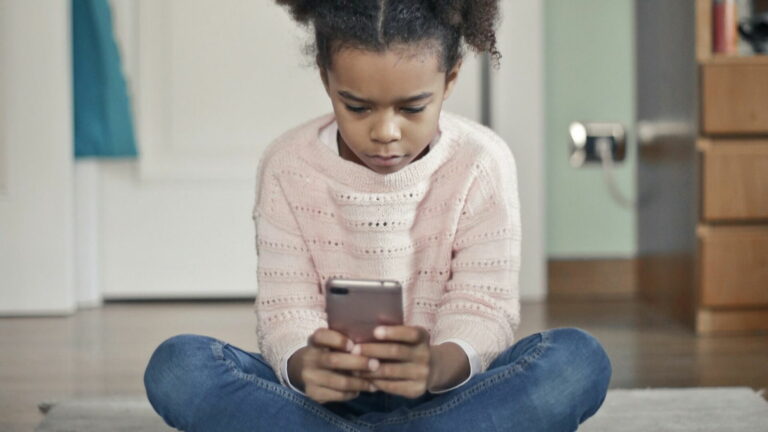In today’s digital age, the screen time effects on children are more critical than ever. With studies indicating that excessive screen use can lead to a myriad of issues—from emotional instability to cognitive delays—understanding these impacts is crucial for parents. For instance, recent research shows a correlation between high screen exposure and increased rates of anxiety and depression in children, as noted in findings published by the American Psychological Association. These statistics highlight the pressing need for moderation in screen usage among young individuals as crucial for their overall well-being. As we delve deeper into the effects of screen time, families can better equip themselves to create healthier media habits.
Understanding the Psychological Impact of Screen Time
Excessive screen time can have profound psychological effects on children. Various studies, including one by the American Psychological Association, indicate that higher screen exposure correlates with increased levels of anxiety and behavioral issues. Furthermore, children, while interacting with screens for several hours a day, may miss out on vital face-to-face interactions, which are essential for developing emotional intelligence. The lack of such interactions can lead to feelings of isolation and difficulties in social skills development, worsening mental health overall. Parents must set clear boundaries on screen time to foster a balanced lifestyle.
Physical Health Risks Linked to High Screen Levels
Beyond psychological challenges, high screen time also poses significant physical health risks. Children spending prolonged hours in front of screens are prone to issues like obesity, lack of physical activity, and poor sleep patterns. According to research from PubMed Central, children who exceed recommended screen time by several hours are 50% more likely to experience sleep disturbances and related health issues. Engaging them in alternate activities like sports or outdoor play can mitigate these risks.
📊 Key Data on Screen Time
- Obesity Risk: 40% increase among high screen users
- Poor Sleep Quality: Linked to excessive screen use
Strategies to Mitigate Negative Effects
To combat the negative screen time effects, implementing practical strategies can create a healthier balance. For example, the American Academy of Pediatrics suggests the ‘2 Hours Rule,’ which advises limiting recreational screen time to no more than two hours per day for children. Ensuring screens are not present during mealtimes and before bed can significantly enhance family interactions and improve sleep quality. Parents should also encourage outdoor activities that foster physical well-being and social interaction. Recent studies emphasize that such habits lead to better mental health outcomes and overall well-being.
Key Takeaways and Final Thoughts
In summary, the implications of screen time effects are far-reaching, impacting both mental and physical health. Reducing screen time and promoting engaging, real-world interactions among children can lead to improved happiness and overall development. With statistics reflecting critical changes in children’s behaviors, it is more important than ever to actively manage these influences. For further insights, consider reading more about the emotional implications at Stanford’s insights on the adult brain impacts due to screen time.
❓ Frequently Asked Questions
What are the recommended screen time limits for children?
Experts recommend limiting recreational screen time to no more than 2 hours daily for children, ensuring time is spent engaging in physical activities and family interactions instead.
How can I encourage my child to spend less time on screens?
Encouraging outdoor play, setting family screen-free times, and providing alternative activities can significantly reduce screen-related issues while enhancing your child’s social skills.
To deepen this topic, check our detailed analyses on Weddings & Family section







